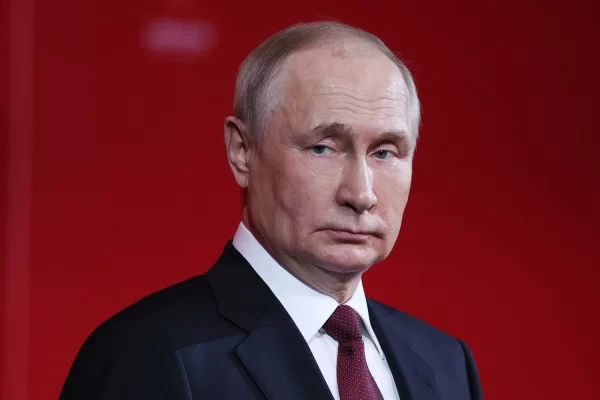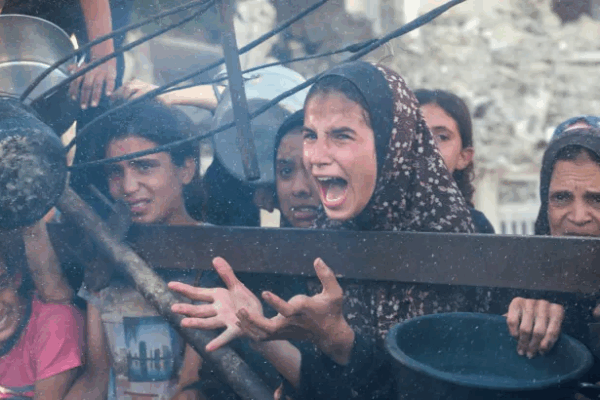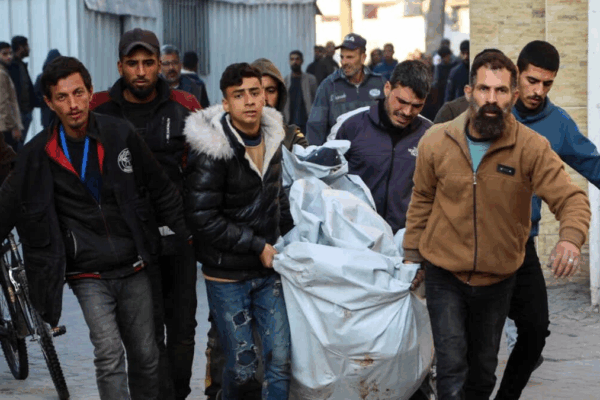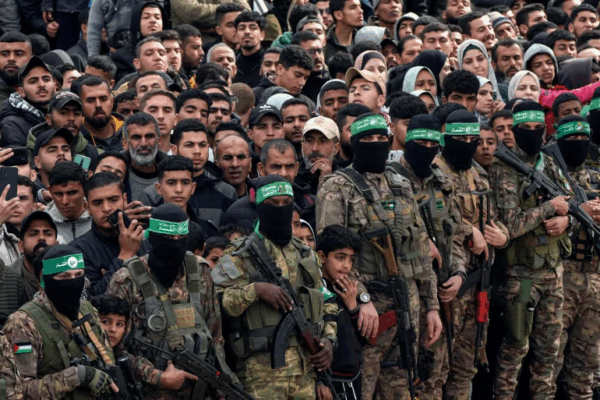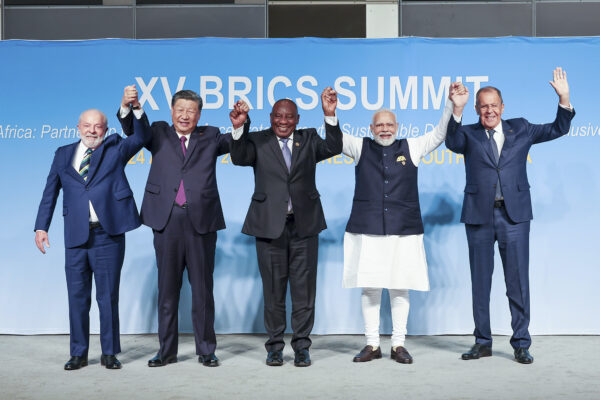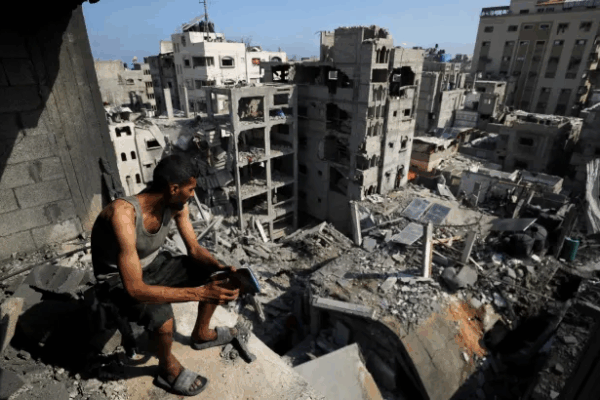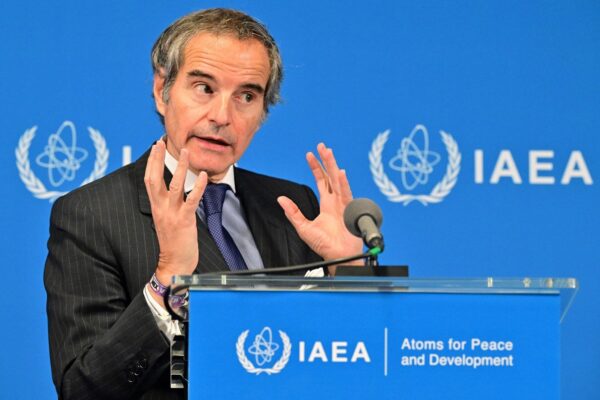Leaders expected to decry US President Donald Trump’s trade tariffs while presenting the bloc as a defender of multilateralism. Brazilian President Luiz Inacio Lula da Silva, right, and Vietnamese Prime Minister Phạm Minh Chinh exchange gifts during a meeting at Fort Copacabana, in Rio deLeaders of the growing BRICS group are gathering in Brazil for a summit overshadowed by United States President Donald Trump’s new tariff policies while presenting the bloc as a defender of multilateralism. The leaders, mainly from the developing world, will be discussing ways to increase cooperation amid what they say are serious concerns over Western dominance at their two-day summit that begins in Rio de Janeiro on Sunday. The BRICS acronym is derived from the initial letters of the founding member countries: Brazil, Russia, India, China and South Africa. The bloc, which held its first summit in 2009, later added Egypt, Ethiopia, Indonesia, Iran, Saudi Arabia and the United Arab Emirates as full members. It also has 10 strategic partner countries, a category created last year, that includes Belarus, Cuba and Vietnam. But for the first time since taking power in 2012, Chinese President Xi Jinping will not be attending in person, instead sending Prime Minister Li Qiang. Russian President Vladimir Putin will also miss in-person attendance as he is wanted by the International Criminal Court (ICC) for his role in the 2022 invasion of Ukraine. Brazil, as a signatory to the Rome Statute, would be required to enforce the arrest warrant. The notable absences are raising questions over the group’s cohesion and global clout. Now chaired by Brazil, leaders at the BRICS summit are expected to decry the Trump administration’s “indiscriminate” trade tariffs, saying they are illegal and risk hurting the global economy. Global health policies, artificial intelligence and climate change will also be on the agenda. The BRICS countries say they represent almost half of the world’s population, 36 percent of global land area, and a quarter of the global economic output. The bloc sees itself as a forum for cooperation between countries of the Global South and a counterweight to the Group of Seven (G7), comprised of leading Western economic powers. However, behind the scenes, divisions are evident. According to a source quoted by The Associated Press news agency, some member states are calling for a firmer stance on Israel’s war in Gaza and its recent strikes on Iran. The source requested anonymity due to the sensitivity of the discussions. Iranian President Masoud Pezeshkian and Egypt’s Abdel Fattah el-Sisi will be attending the Rio summit. But Al Jazeera’s Lucia Newman, reporting from Rio, said the group’s aim remains clear. “The BRICS goal is to exert pressure for a multipolar world with inclusive global governance to give a meaningful voice to the Global South, especially in the trading system,” she said. “It’s not super organised, nor does it have a radical global impact,” Newman added. “The real question is, can an expanded BRICS whose members have very different political systems and priorities form a sufficiently unified bloc to have any significant impact?”
